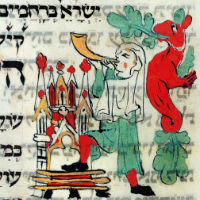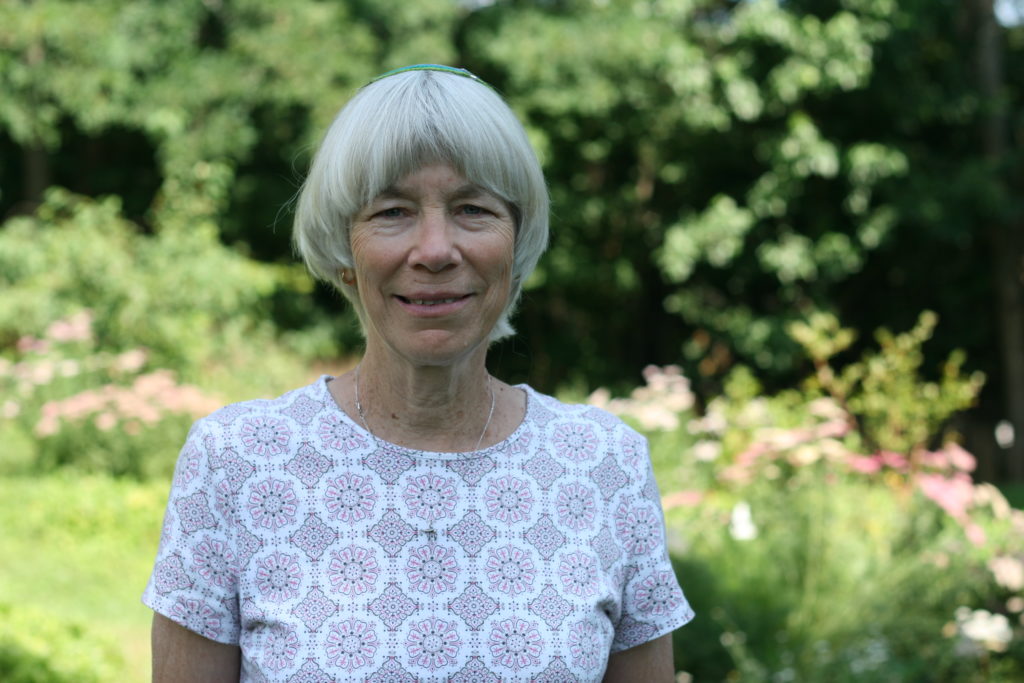
Yovel (Jubilee): Condensed Resources
If the full yovel sourcebook feels a little overwhelming, consider these two condensed forms as a starting point. The Yovel Sampler offers one text from each of the eight sections, in Hebrew and English, with discussion questions. It’s a great way to get the 30,000-foot view on yovel in a single class. The “Yovel at...
read more






